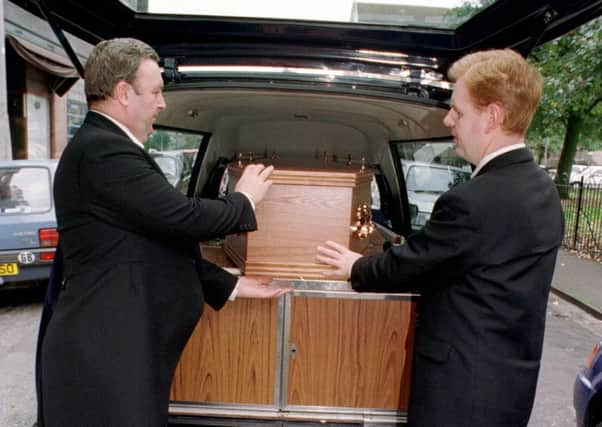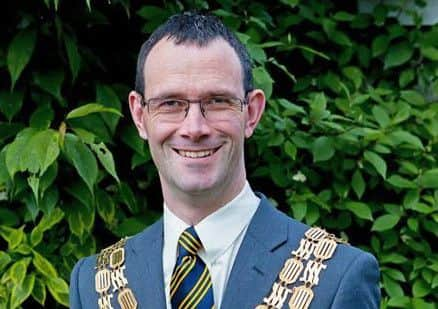Paul Cuthell: Would you be willing to bury Ian Brady?


When someone dies, there are many people who have a say or play a part in a funeral and a disposal of a body. Normally it is the family or next of kin who decides what happens, and a funeral director is there to assist, provide expertise and support, and carry out the funeral and burial or cremation.
In high-profile cases such as those named above, where there is no family or where a family has disowned the deceased, it becomes a more difficult situation.
Advertisement
Hide AdAdvertisement
Hide AdFuneral directors are there to help meet the legal requirement for the proper disposal of the deceased, and are trained to carry out funerals professionally and without judgement.


Yet it is not a legal requirement for them to become involved and they are not forced to carry out a funeral. They may choose, for a variety of reasons, not to take accept it.
If a funeral director believes that carrying out any particular funeral may compromise their ability to look after other families already in their care, or they may not be able to meet any specific requirements that are needed, they may choose not to accept the funeral. Equally, funeral directors are human beings – many have strong faith or family values which lie at the heart of their businesses – and so if there is a particular funeral that they would prefer not to carry out, for whatever reason, they are free to make that decision.
Also, some funeral directors will be legitimately worried about the effect it would have on their business and reputation should word get out that they have participated. Funeral directors are, after all, businesses and like any business have a duty of care to staff.
As a funeral director it is perfectly natural to feel nervous that word might leak out, and what effect that might have on the business.


In high-profile cases of mass murderers or other notable criminals, funerals or disposals take place in private, with the time, date and place of disposal kept out of the public domain. Sometimes, for example in the case of Thomas Hamilton, who carried out the massacre at Dunblane Primary School, what happens to any ashes is never disclosed.
In the case of Myra Hindley, Brady’s accomplice, it was reported that when she died in 2002, a funeral director several hundred miles away in the north of England were eventually contracted to remove her to Cambridge Crematorium because no local firms would accept the funeral.
That said, there is a legal requirement for the proper disposal of a deceased person, and if there is no-one willing and able to arrange the funeral, then it would be the Local Authority’s statutory duty to arrange for a public health funeral using their contracted funeral director.
Advertisement
Hide AdAdvertisement
Hide AdAnd it is also worth mentioning that while a deceased person remains in a mortuary, there are increasing costs on health boards and local authorities to care for their remains. It has been reported recently that seven months after he died, Ian Brady remains in a mortuary.
Often in these types of situation, we find there is always a tussle between what is legal and what is right, the rights and feelings of families of the victims but also of the bereaved.
Different funeral directors have different feeling and priorities, but generally they always have the same starting point; one of wanting to help and care for those left behind.
Generally, the view of all funeral directors is that everyone deserves a funeral regardless of what they do in life and that, as a profession, we do not like to make a moral judgement. The reality, though, is also that as a commercial business run by human beings with feelings and beliefs, there are many things to take into consideration.
Paul Cuthell, National Association of Funeral Directors